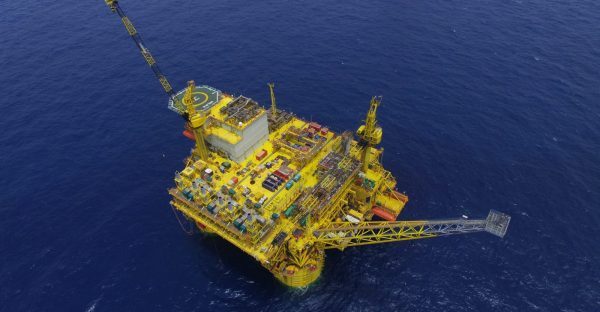Oil major Shell confirmed that it will appeal a ruling issued by the District Court in The Hague, in May 2021, mandating a reduction of its global net carbon emissions by 45% by 2030 compared to 2019 levels.
On 26 May 2021, the Hague court ordered the oil major to reduce its CO2 emissions by 45% by 2030, marking the first time a judge has held a corporation liable for causing climate change. The historic verdict was a result of legal action brought by Friends of the Earth Netherlands together with 17,000 co-plaintiffs and six other organizations. Shortly after the ruling, Shell CEO Ben van Beurden said the company would seek ways to accelerate its energy transition strategy and deepen carbon emission cuts.
In a new statement this week, the company said that the court did not consider its net zero-emission strategy the details of which were announced earlier this year, because the hearings that led to the ruling took place several months earlier.
We agree urgent action is needed and we will accelerate our transition to net zero. But we will appeal because a court judgment, against a single company, is not effective. What is needed is clear, ambitious policies that will drive fundamental change across the whole energy system. Climate change is a challenge that requires both urgent action and an approach that is global, collaborative and encourages coordination between all parties,
…noted Royal Dutch Shell Chief Executive, Ben van Beurden.
Under its Powering Progress strategy, Shell has set the aim to become a net-zero emissions energy business by 2050, in line with Paris Agreement on climate change. To this end, the company has outlined short- and medium-term targets and is working with customers, governments and wider society, sector by sector, to establish rapid and realistic ways to get to net zero.
[smlsubform prepend=”GET THE SAFETY4SEA IN YOUR INBOX!” showname=false emailtxt=”” emailholder=”Enter your email address” showsubmit=true submittxt=”Submit” jsthanks=false thankyou=”Thank you for subscribing to our mailing list”]
More specifically, Shell has set out its intention to reduce both the emissions from its own operations, referred to as Scopes 1 and 2, and those produced when customers use the energy products it sells. These Scope 3 emissions account for over 90% of Shell’s emissions, so Shell is working with its customers to achieve this reduction.
So far, the company said it has already set out a number of actions to reduce Scope 1 and 2 emissions through a combination of energy efficiency improvements, the elimination of routine flaring, carbon capture and storage technology, working with suppliers to use renewable electricity in facilities and concentrating its global refining portfolio from 13 Shell-controlled sites in 2019 into five Energy and Chemicals parks by 2030. Shell is working on a plan to scale-up and accelerate these efforts within its Powering Progress strategy.































































